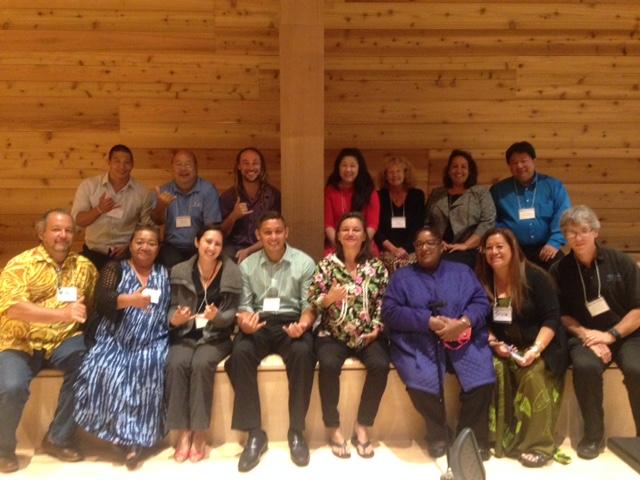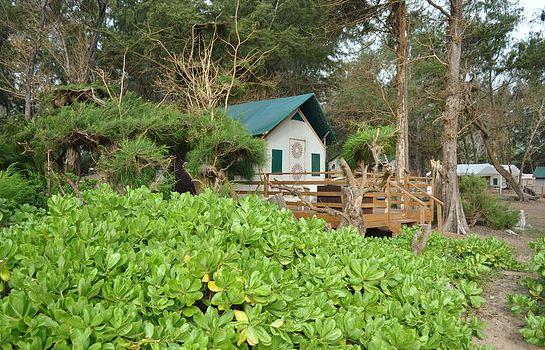Me: I don’t suppose you know Daphne Kauhane?
Michelle: Yes, she’s my auntie.
Me: Wow. She was my Hawaiiana teacher from K-8! Hey, I don’t suppose you know Mike Kauhane?
Michelle: Sure do. He’s my brother!
Me: That’s funny… we were classmates...
When you’re from Hawai’i, layers of commonality ignite from simple conversations. As it turned out, Michelle and I had much more in common than we could have known.
Michelle Kauhane, President and CEO of the Council for Native Hawaiian Advancement (CNHA), was one of the masterminds behind the recent “Investing in Native Communities Networking Day” I attended that was hosted by Oweesta First Nations Development Institute and CNHA at the UW Intellectual House. The gathering included funders and Native-led CDFIs (Community Development Finance Institutions), Native CDCs (Community Development Corporations) and Native Hawaiian-led nonprofits.

At the gathering, we learned that while there are an abundance of entrepreneurial opportunities in Native American and Native Hawaiian communities, access to cash and credit is scarce and compounded by the complexities of racial discrimination at all levels. We also learned that Native CDFIs are working to change this. These nonprofit loan funds raise and manage Native-controlled capital for housing, small business and personal loans in Indian Country and Indigenous communities.
One example of the work of a Native CDFI is Cory. He took out a $2,500 small business loan for a truck and a chainsaw to cut firewood to sell. After taking an“Indian-preneur” program, he borrowed again and now owns a fleet of trucks and employs four people. The loans and training came from Northwest Native Development Fund in Coulee Dam, WA. Another example is Kumu Camp, a fantastically fun “glamping” campground, a social enterprise of the Anahola Hawaiian Homestead Association at Anahola Beach on the Hawaiian island of Kaua’i (and now at the top of my bucket list!).

Michelle is a philanthropic leader and expert connector who is part of the Pacific Island Philanthropy Connection (PIPC). PIPC is a network of funders in the state of Hawai’i and the larger Pacific region that shares a common interest in innovative projects that are grounded in culture. Together, a community of funders from the Pacific region work together to connect with the larger national foundation community and build greater awareness and impact of investments in the Pacific region.
Sound familiar? That’s because it’s also the mission of Philanthropy Northwest along with so many of our valuable partners and affinity groups, including the Arctic Funders Collaborative, Native Americans in Philanthropy, Grantmakers Concerned with Immigrants and Refugees (GCIR), our Montana - Wyoming - Idaho Funders Group, Pierce County Funders Group and our Alaska Funders Group too. These groups are integral as we continue to help you forge authentic relationships in the communities that you serve.
Many of our members who are involved formally and informally with these networks will be at our Annual Conference on Oct. 3-5 in Vancouver, WA. I’ve always wondered what a visual mapping of these connections would look like. What networks are you a part of?
A hui hou kākou (until we meet again).
Comments
<a href=https://bviagra.mom
<a href=https://bviagra.mom>honey viagra</a> PubMed 29767581